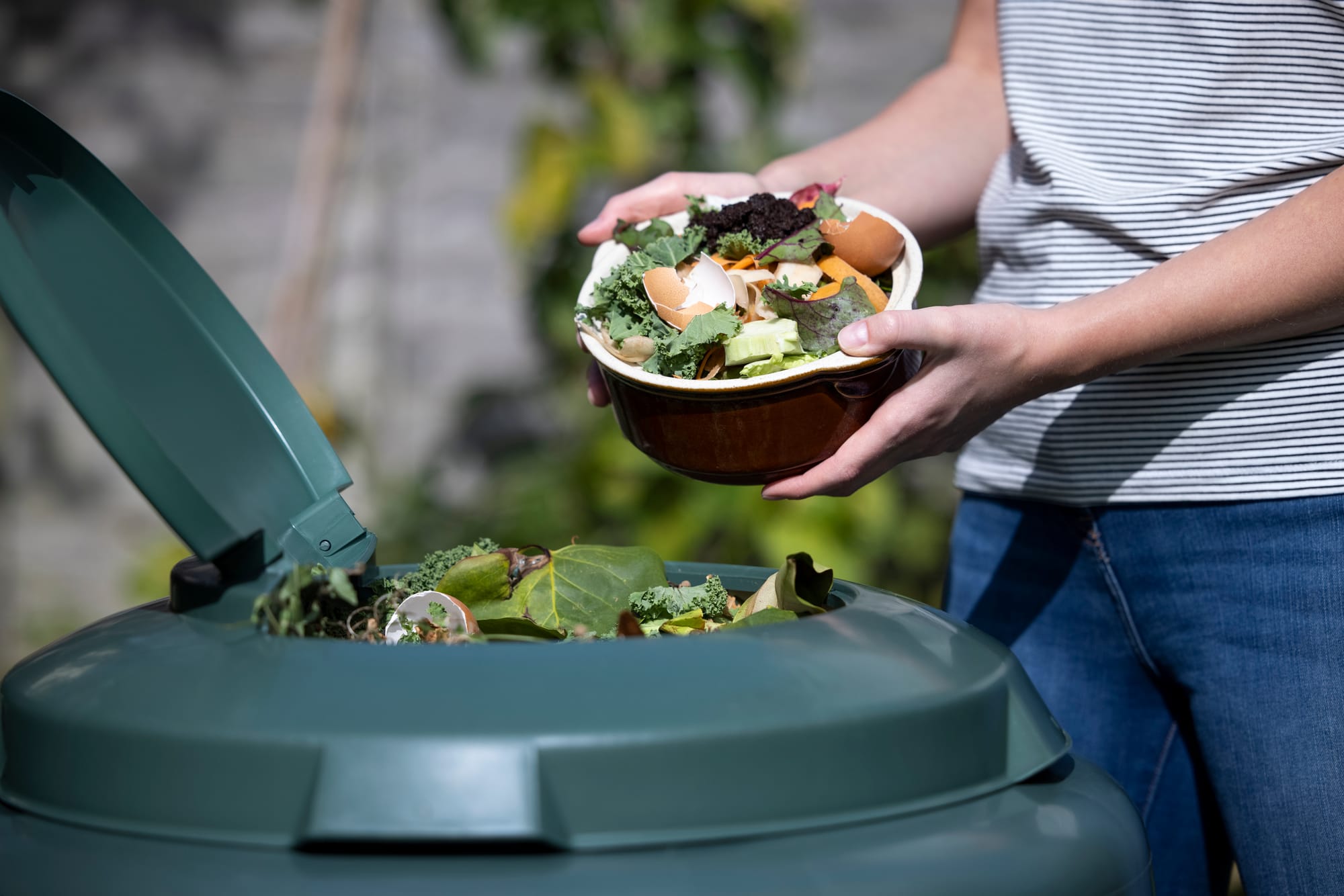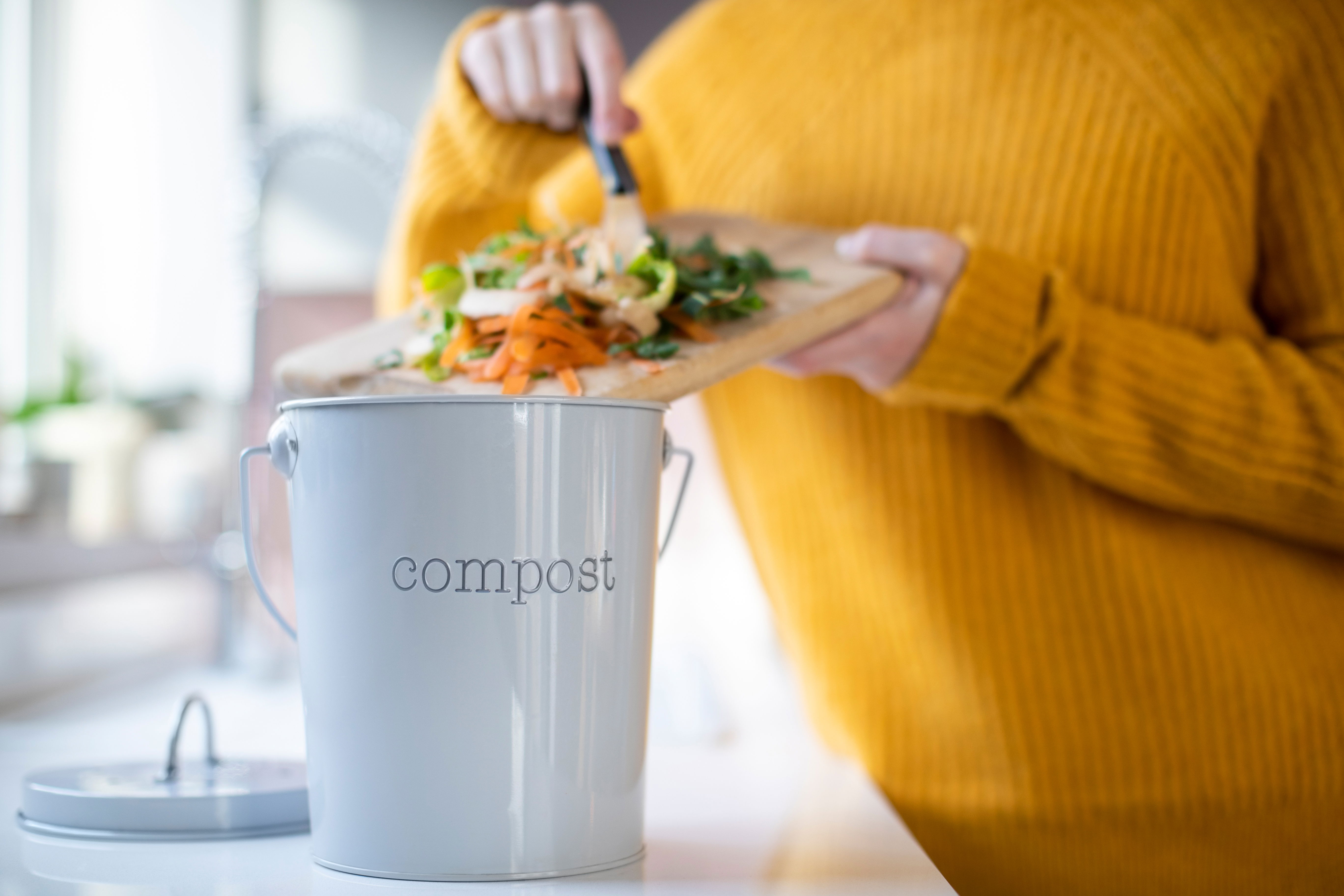Benefits of Composting Food Waste

Anything that grows decomposes eventually; composting simply speeds up the process by providing an ideal environment for bacteria, fungi, and other decomposing organisms (such as worms, sowbugs, and nematodes) to do their work. The resulting decomposed matter, which often ends up looking like fertile garden soil, is called compost. Fondly referred to by farmers as “black gold,” compost is rich in nutrients and can be used for gardening, horticulture, and agriculture.

The Benefits of composting
- Reduces the waste stream - Composting is a great way to recycle the organic waste we generate at home.
- Cuts methane emissions from landfills - When compostable waste goes to a landfill, it gets buried under massive amounts of other trash, cutting off a regular supply of oxygen for the decomposers.
- Improves soil health and lessens erosion - Compost contains three primary nutrients needed by garden crops: nitrogen, phosphorus, and potassium.
- Conserves water - Research has shown the water-retaining capacities of soil increase with the addition of organic matter.
- Reduces personal food waste - Consumers are responsible for a staggering amount of wasted food.